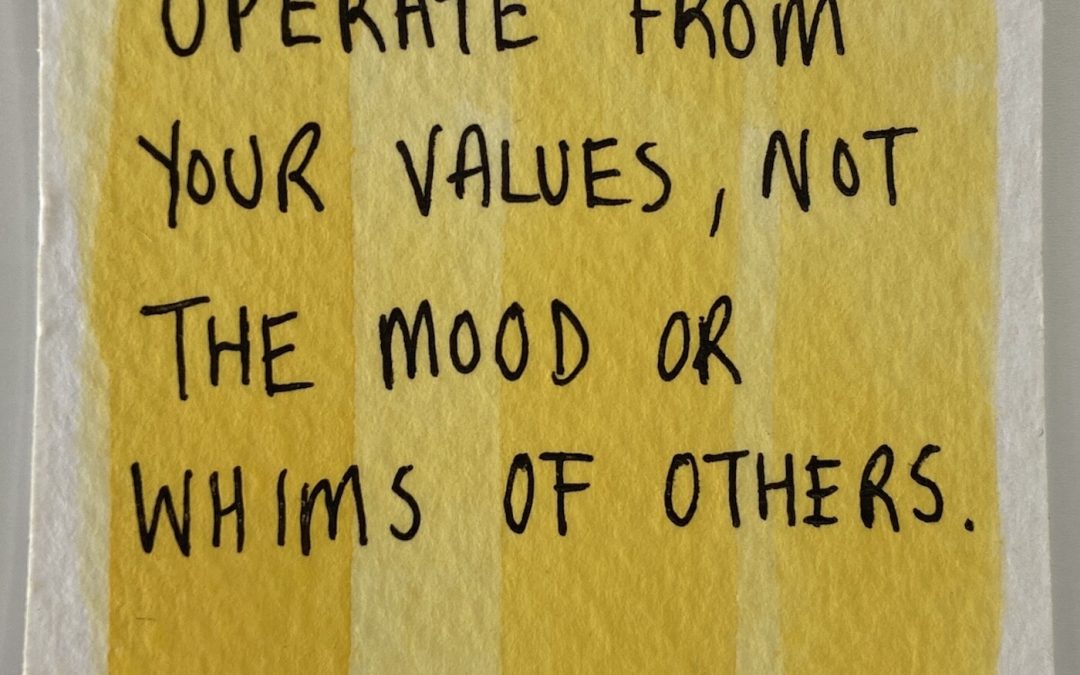How someone interacts with money on dates can prove to be a deal-breaker. Despite expanding relationships beyond the outdated notion that male-female relationships are ‘the norm’, the mental stumbling block of who pays on dates persists. A legacy of what were considered to be social norms and ‘rules’ about men paying for dates for women, this stressor and source of tension and friction also crops up in same-sex relationships.
When we ask ourselves who ‘should’ pay on dates, it implies that we’re afraid of breaking what we perceive to be an existing rule or expectation.
Particularly in dating, we use rules about how to do things to be ‘in control’. It’s why, for instance, we get hung up on whether sex on the first date is OK but also feel outraged when we ‘held out’ and the person still did a bunk or isn’t The Perfect Partner TM.
I talk about this in my book Love, Care, Trust and Respect. “A rule that works in some situations doesn’t work in many others… Rules mask our lack of confidence, but they also hide our fear of vulnerability, intimacy and uncertainty.”
Whether you do or don’t want to pay for the date, know your why and own it.
When dating, it’s best to operate from your values, so from a place of preference, not programming (autopilot and what you’ve absorbed growing up). You’ll do what you assume and believe will influence and control the other person’s feelings and behaviour with the latter. You’ll also repeat patterns even though they don’t generate the desired outcome.
For instance, don’t pay for a date to prove something about yourself financially or assume it’s a downpayment for sex.
And don’t do that bullshit where you know you don’t want to pay [because you expect your date to] and then do ‘the reach’. Pretending that you were going to pay to look good and then resenting them when you have to follow through and put your card on the table or tap the card machine is not a good look.
Similarly, if you know that certain money habits get your back up, don’t set traps.
Don’t play the role of The Generous One on dates while privately keeping score and wondering if they’re taking advantage. Dates are social occasions with strangers. I know we’ve been socialised to pretend to be someone else to lure a prospective partner, but what we’re doing is setting ourselves up for pain while building a shitty foundation.
If something is a deal-breaker, that’s for you to own, not the other party.
So, for instance, if you know it’s going to cause a great deal of unease or irritation if they don’t pay or if they don’t offer, follow through. If you’re going to feel indignant about paying, then don’t. Yeah, sure, it’s not going to fly with some dates. Still, at least you know where you are and will get truly acquainted with your beliefs and values. Don’t keep going on more dates, rationalising it, and expecting a different result. Don’t shame the other party for it. Own your deal-breakers.
This is why you need to know your nature.
If you’re self-aware and know where your baggage shows up–no shame there, we all have it–you can address it through making mindful choices rather than trying to load it onto a prospective partner.
Imagine you’re on a date and that you pay. How will you feel at the time and afterwards? Will you think anything about the person? Write it all down. OK, now imagine the date again, only this time they pay. What are your feelings and concerns now, if any? And then imagine the date again, but this time, you split the bill.
You’ll likely consult your encyclopaedia of personal experience as you visualise these dating scenarios. Memories of previous experiences or images and phrases associated with paying on dates (your ‘money story’) will spring to mind. This will help you make sense of any underlying anxiety, tension or, yes, resentment about who pays on dates. In doing so, you have the opportunity to decide what’s true for you and how you want to proceed.
Do you want to pay for a date, or are you paying (or not paying) because it’s what you think is expected? Whatever you do, make it a desire, not an obligation or fear, both of which guarantee resentment and frustration.
Society’s anxiety about paying on dates is about perceptions of power and control. Whatever you do on dates, be intentional and authentic so that you don’t have to be anxious about whether you successfully controlled the uncontrollable. Dating is a discovery phase. If you operate from your values, not from how you think you or the other party feels, you will discover what’s good and right for you.
Are you ready to stop silencing and hiding yourself in an attempt to ‘please’ or protect yourself from others? My book, The Joy of Saying No: A Simple Plan to Stop People Pleasing, Reclaim Boundaries, and Say Yes to the Life You Want (Harper Horizon), is out now.


 Add to favorites
Add to favorites 
